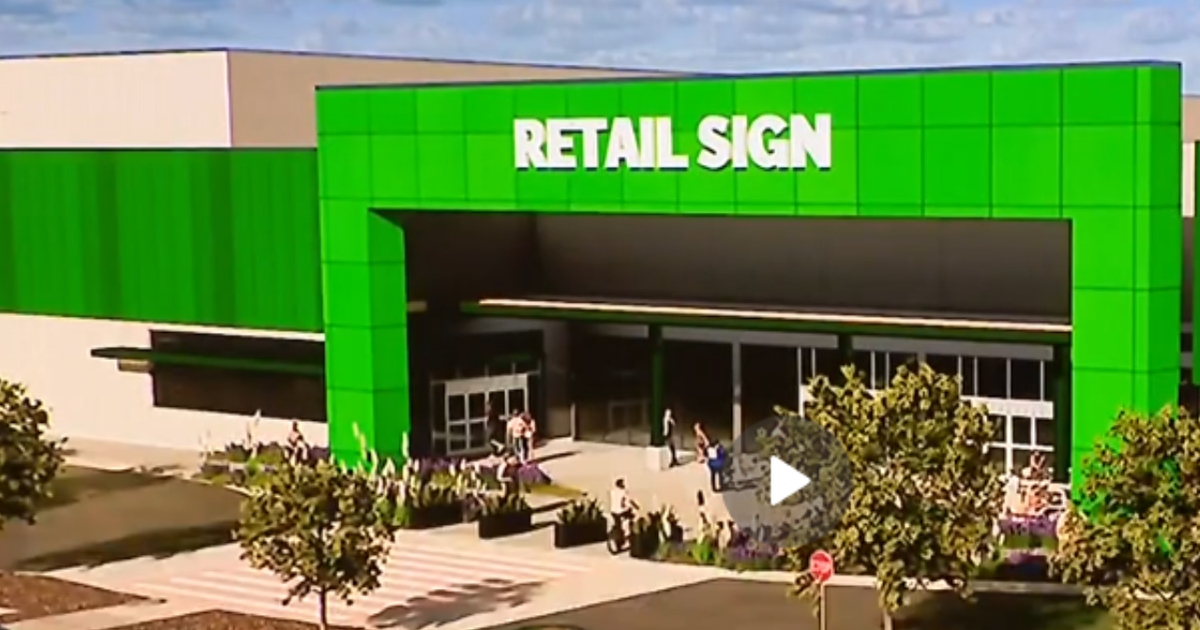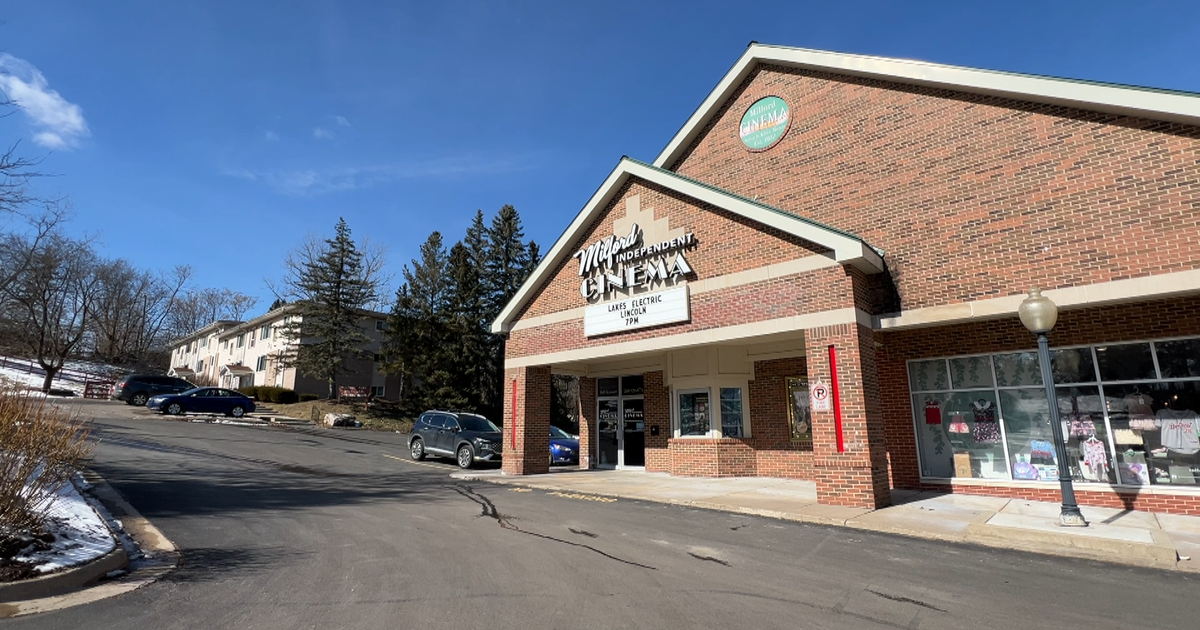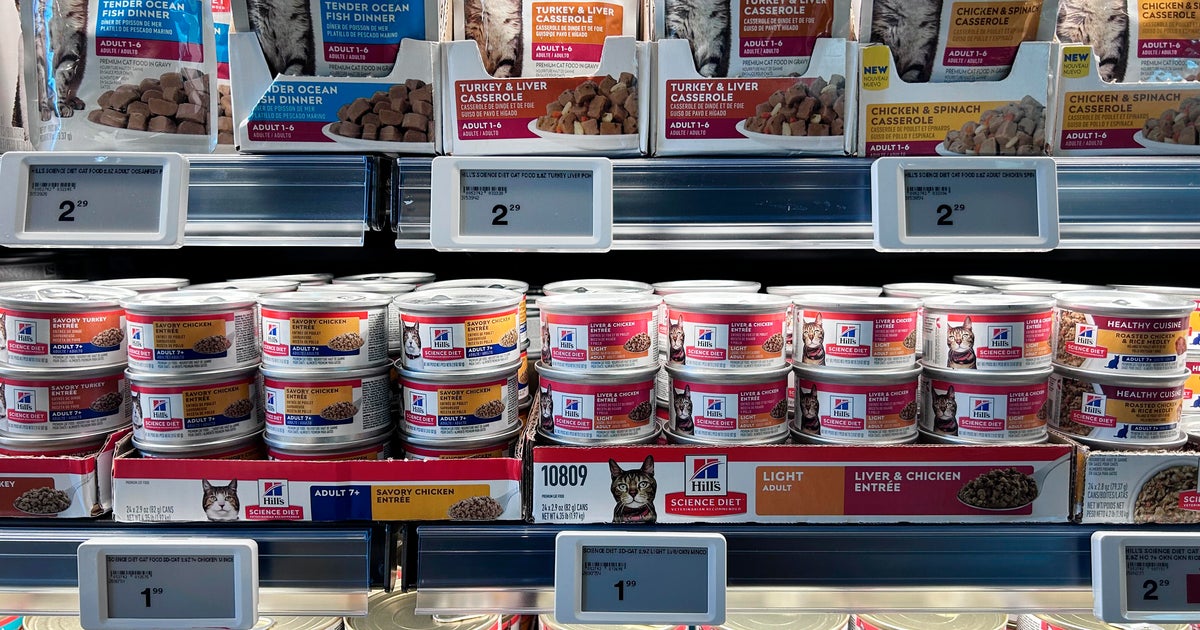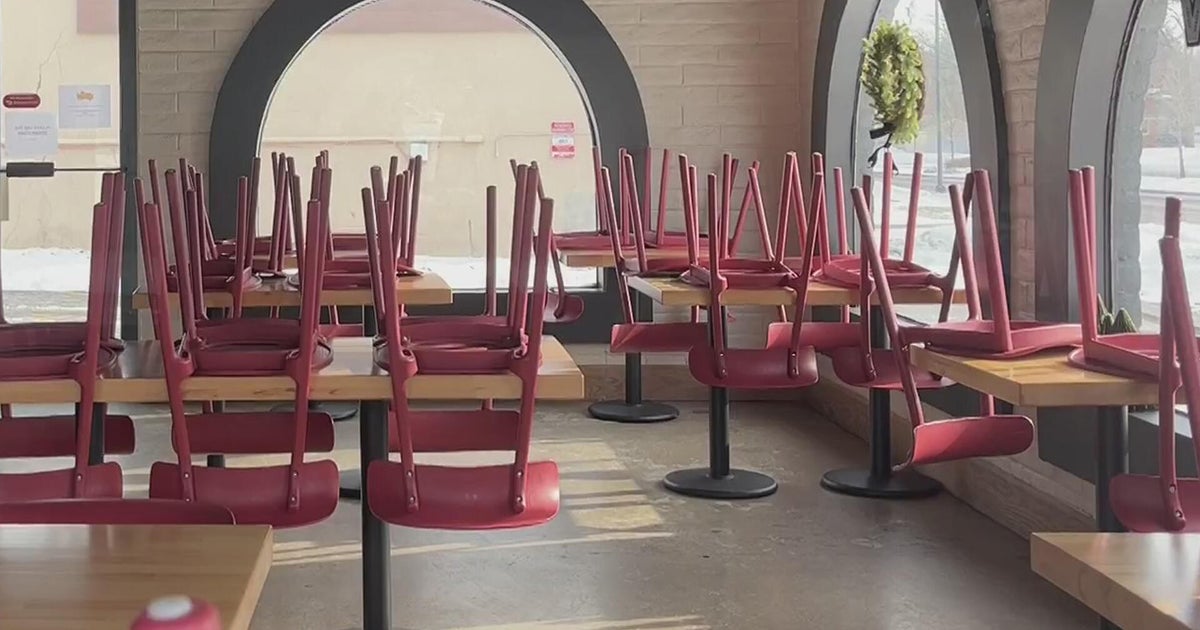Expert: Coming Best Buy Closings Reflect Move Away From Big-Box Model
Updated 03/29/12 - 3:34 p.m.
CHICAGO (CBS) -- A local expert says the planned closings of 50 Best Buy stores is reflective of an evolution of the consumer retail market from big box stores toward the Internet.
Best Buy announced Thursday that it is closing 50 stores across the country next year. The company will not say what specific stores are closing, and says the decisions are not yet finalized.
The consumer electronics chain's new retail strategy will focus on smaller stores, and will remodel key stores into its new "Connected Store" format that will focus on how mobile, computer and wireless networking can make a difference in the average consumer's life.
Best Buy is also opening Mobile small format stores through the country.
"We are deliberate and thoughtful when we make such decisions. We are working to ensure the impact to our employees will be as minimal as possible, while serving all customers in a convenient and satisfying way," Best Buy spokeswoman Kelly Groehler said in a statement.
Best Buy is considered the gold and blue standard for consumer electronics stores. So some of its faithful shoppers were stunned to hear 50 stores are now set to close.
Rebecca Cuevas said she shops at Best Buy a lot, "and I am surprised that they want to shut down."
On WBBM Newsradio's Noon Business Hour, Morningstar analyst R.J. Hottovy says Best Buy's plan to scale down reflects a fundamental change in the market that is hardly new.
"I think the company is coming around to realize that it's a rapidly evolving consumer electronics market, and these are things that they problem should have done long ago," Hottovy told WBBM Newsradio's Sherman Kaplan and Regine Schlesinger Thursday during the WBBM Noon Business Hour on Thursday.
Best Buy is facing stiff competition from Amazon and other retailers without brick-and-mortar stores, as well as from their own vendors – with Apple having launched its own retail network several years ago, Hottovy said. It's also facing competition from other big-box stores like Costco and Wal-Mart, which have begun selling more and more consumer electronics along with the much wider range of products consumers can find at their stores.
"I think the common denominator here is consumers tend to flock to the lowest-priced competitor, regardless of what service level they get behind it," Hottovy told CBS 2's Dana Kozlov.
Hottovy believes the big-box model will survive for specialized retailers such as hardware and home improvement giants Home Deopt and Lowe's. But for Best Buy's consumer electronics market, "those stores were designed for a different time, when consumers were used to a different shopping experience," Hottovy said.
Blame the Internet and the growth of online shopping for that.
"Amazon has really been, I think, the most competitive threat to Best Buy," Hottovy said.
Walk into almost any coffee shop, and laptop-toting customers will back it all up.
"I do probably 80% of my shopping online," said Jaclyn Jones.
Joanne Archibald said, "I don't find Best Buy has the best prices anymore."
Asked what Best Buy needs to do to remain competitive and stay in business, Hottovy said, "I think it's taking what we heard today a lot further. I think they need to look at more aggressive store closings, perhaps as much as 20 to 30 percent of the overall store base. Either rotate that into smaller format stores, or other remodeled locations."
More importantly, Hottovy said Best Buy needs to use the money it saves by closing stores to offer prices that better compete with Amazon, Wal-Mart and Costco.







